Manuka honey has been gaining popularity over the years as a natural remedy for various ailments, from wound healing, enhancing gut health and supporting your immune system to soothing acne and other skin conditions. These benefits can be attributed to Manuka honey’s unique nutritional profile and its powerful antibacterial, antiviral, and anti-inflammatory properties.
In this article, you will learn about Manuka honey’s effect on inflammation and how to consume Manuka to soothe inflammation.
What is inflammation?
Inflammation is your body’s natural reaction to infection, injury, or trauma.
When your body detects any damage or the presence of outside invaders such as bacteria, viruses, and other organisms, the immune system sends out an inflammatory response. This response consists of several biological reactions that help protect the body from pathogens and begin the healing process.
Chemicals inside white blood cells enter your blood or tissues to protect the body, which increases blood flow to the area of trauma, causing redness, warmth, or pain. The increased blood flow and some cells leaking into the tissue can also cause swelling.
You are most familiar with acute inflammation, such as when you fall and bruise your knees, or cut your finger while cooking, or when you have a sore throat because of a cold. This type of inflammation goes away after a few hours or days.
The other type of inflammation—Chronic inflammation—is long-lasting and can continue for months or years even after the initial symptoms are gone. Chronic inflammation is involved in the disease process of many conditions, including some cancers, rheumatoid arthritis, Type 2 diabetes, cardiovascular disease, asthma, and mental health conditions like depression.
Can Manuka honey help inflammation?
The anti-inflammatory action of honey is well documented, but not fully understood yet. Studies show that Manuka honey contains bioactive compounds that have anti-inflammatory properties. Manuka suppresses the production of inflammatory cells and increases the production of hydrogen peroxide, which stimulates the growth of fibroblasts and epithelial cells to repair the inflammatory damage.
Manuka honey also contains various antioxidants which help neutralise free radicals in the body. Free radicals are unstable atoms that can cause oxidative stress (cell and tissue damage) and trigger inflammation. By intercepting free radicals, the antioxidants in Manuka help reduce inflammation and protect cells from damage.
Manuka honey also contains methylglyoxal (MGO) which is responsible for its strong antibacterial properties. By eliminating harmful bacteria and reducing the bacterial load, Manuka honey helps prevent infections and subsequent inflammatory conditions.
Studies have mostly seen the anti-inflammatory properties of Manuka in action when it is used for wound healing. Studies show Manuka’s anti-inflammatory properties help suppress swelling and inflammation around the site of the wound.
Manuka honey has also shown to reduce inflammation in skin disorders such as acne, eczema, dermatitis, psoriasis, and dry skin by forming a protective barrier on the skin and locking in the moisture to prevent further irritation and by suppressing pro-inflammatory enzymes. This helps reduce itching and redness and alleviate pain and discomfort.
While most studies focus on acute inflammation, some preliminary research suggests that honey (including Manuka) may inhibit chronic inflammation and oxidative stress and may be used to reduce the severity of chronic inflammation, but more concrete studies are needed.
How to use Manuka honey for inflammation
There are several ways to use Manuka for inflammation:
- Apply a thin layer of Manuka on the affected area and leave it on for 20-30 minutes before rinsing it off. This will help soothe irritation and inflammation. You can also mix it with coconut oil or aloe vera gel to make a soothing skin ointment.
- Use it as a wound dressing for cuts, bruises and burns after cleaning the affected area. Apply a thin layer of Manuka and cover with a sterile dressing.
- Consume Manuka honey orally to soothe internal inflammation by simply having a spoonful of Manuka or adding it to your diet in cereals, smoothies, yogurt, or on toast.
- Use it as an oral rinse or gargle to soothe mouth ulcers and reduce sore throat inflammation. Mix a teaspoon of Manuka honey in warm water and swish in your mouth for 30-60 seconds before spitting it out.
While Manuka honey is generally safe to use, you must consult with your healthcare provider before using Manuka honey, especially if you have underlying health conditions or allergies, or are pregnant. Children under the age of one year should not use honey.
It’s also recommended to use high-quality medical-grade Manuka honey for inflammation.
For high-quality Manuka honey, visit our online store.



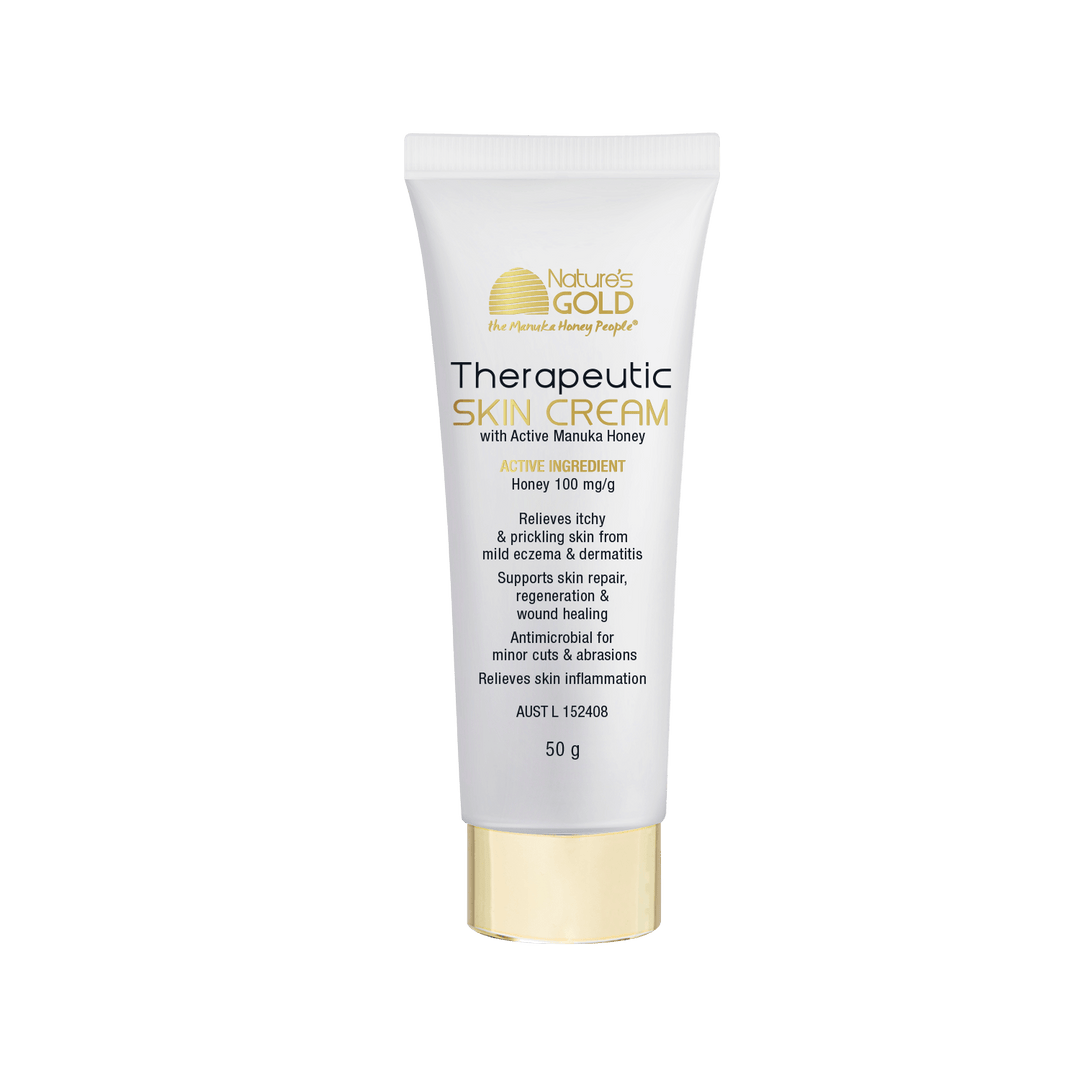
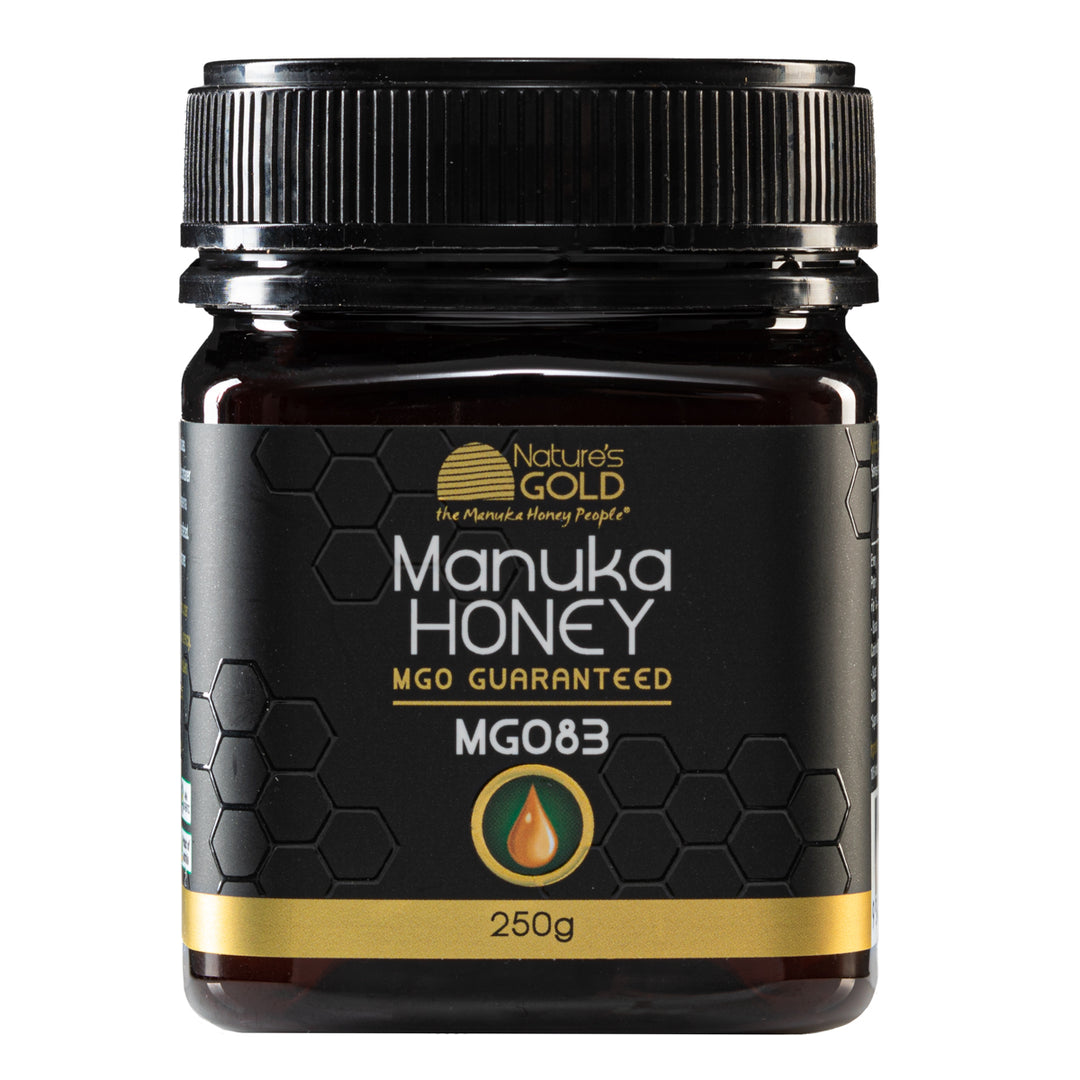
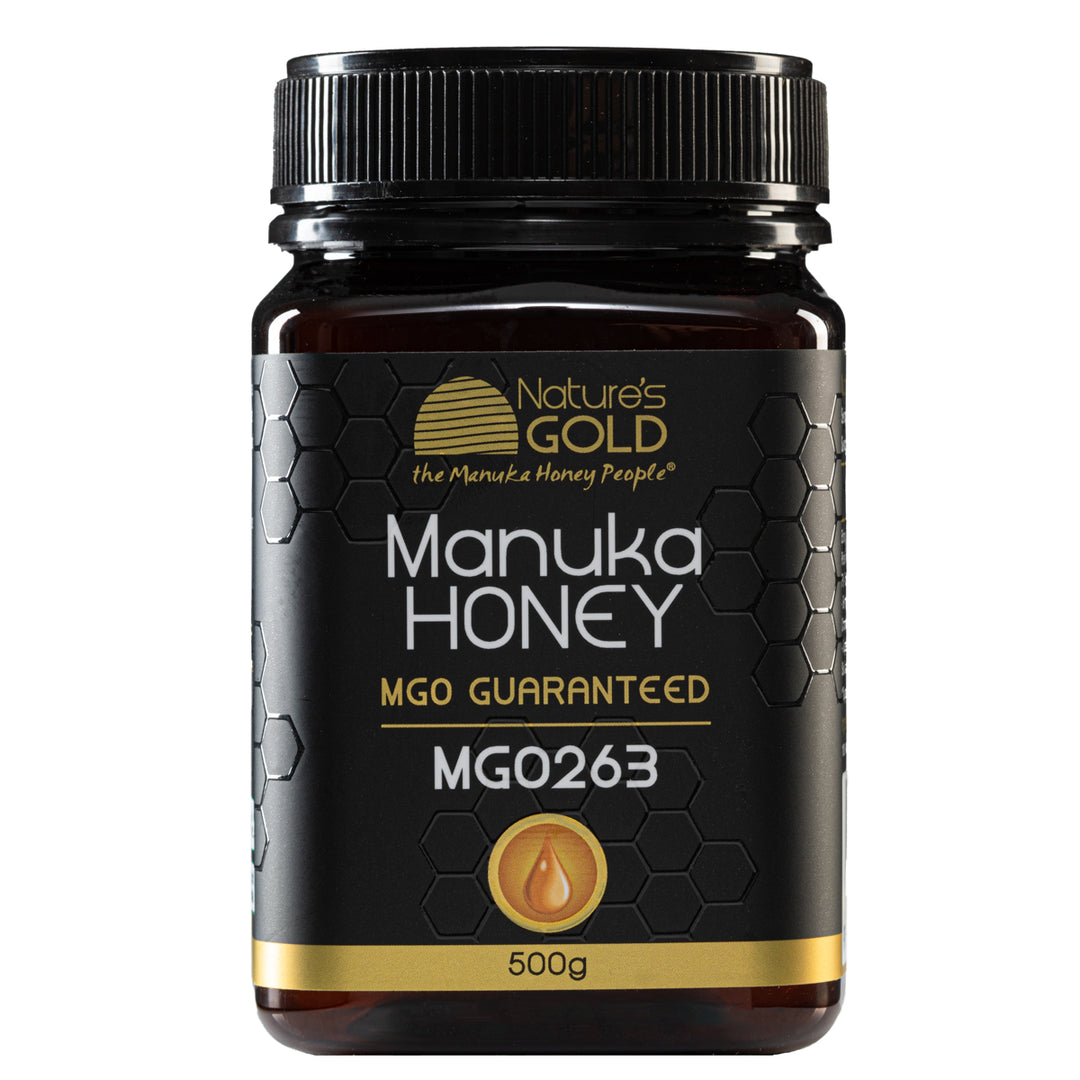
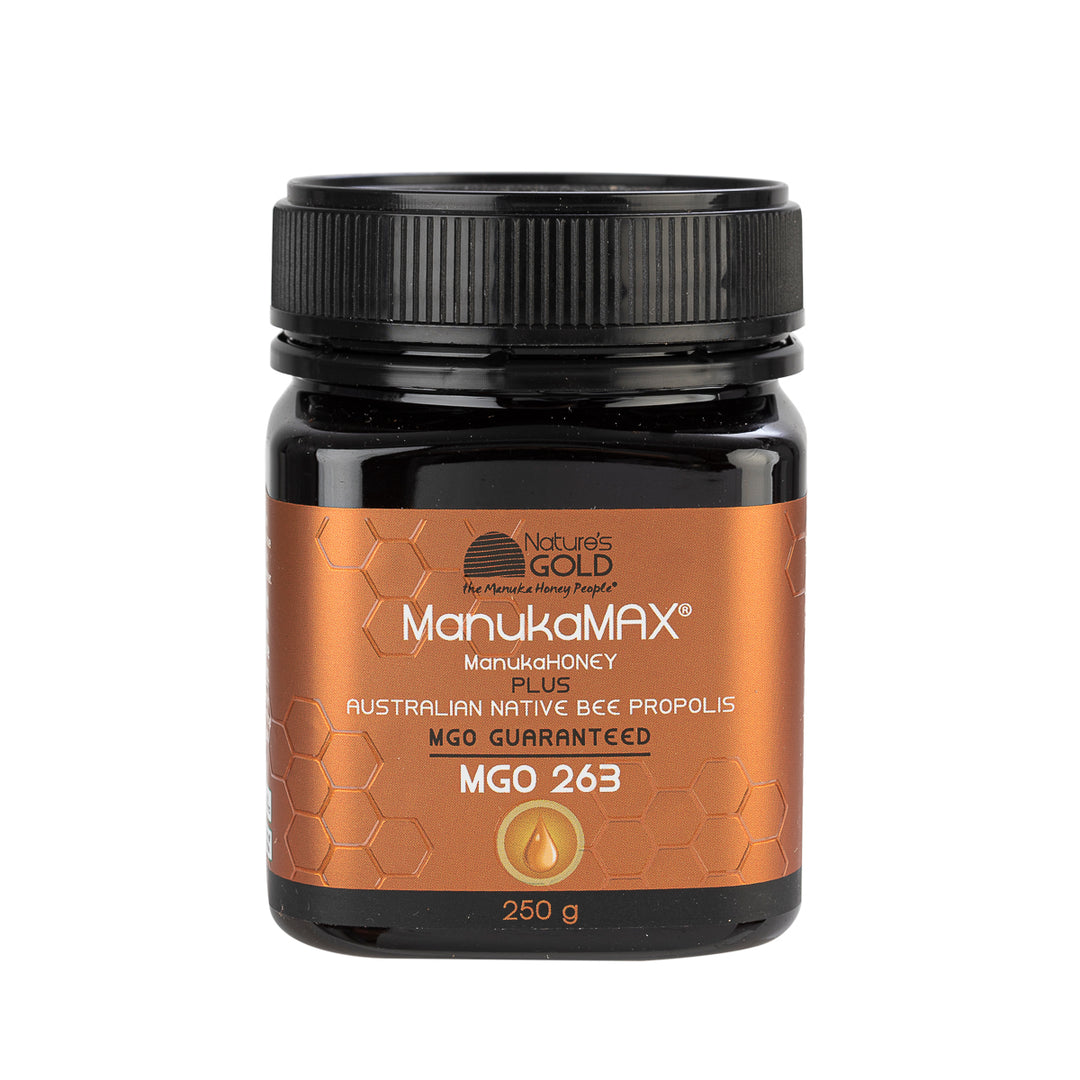
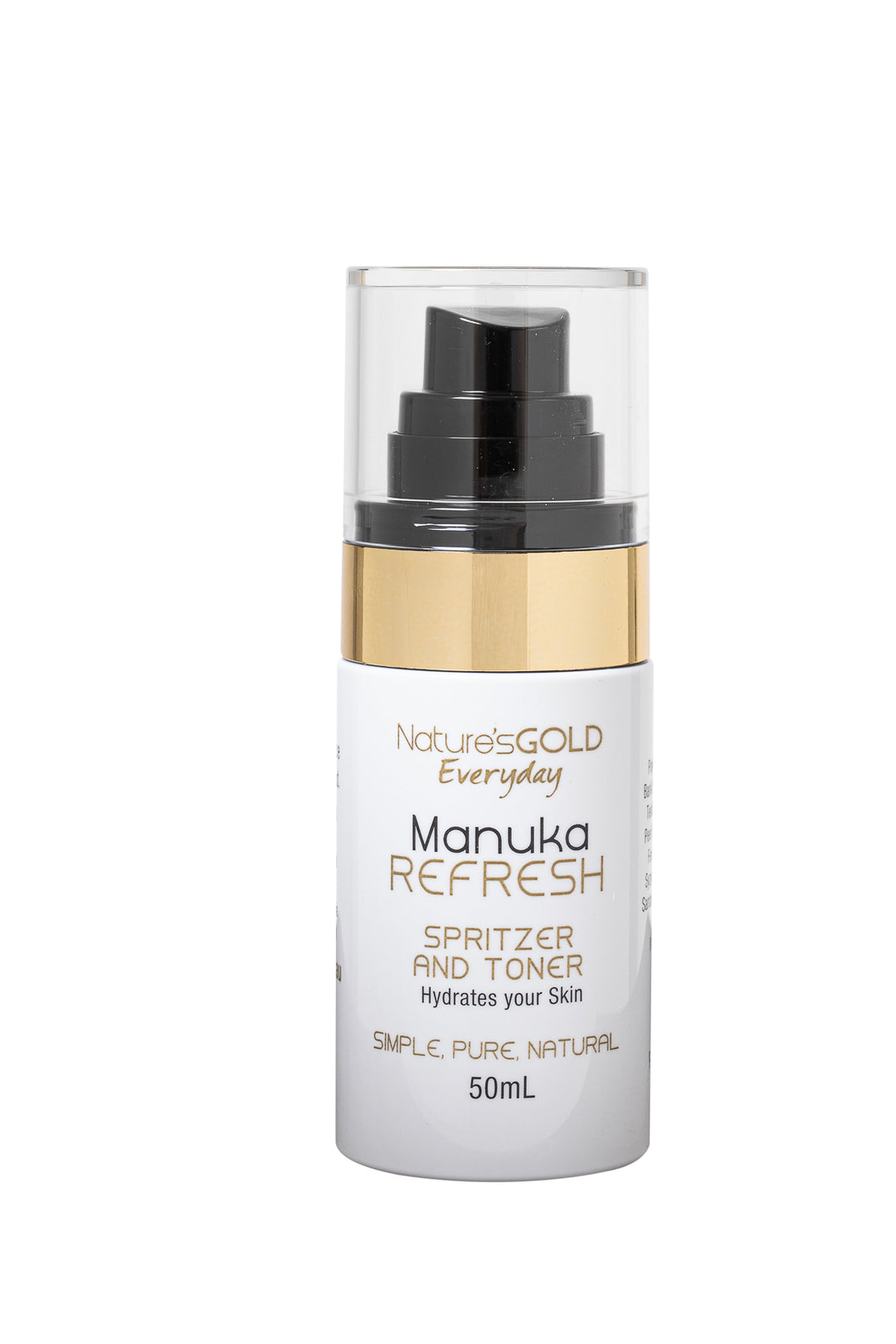



Dejar un comentario